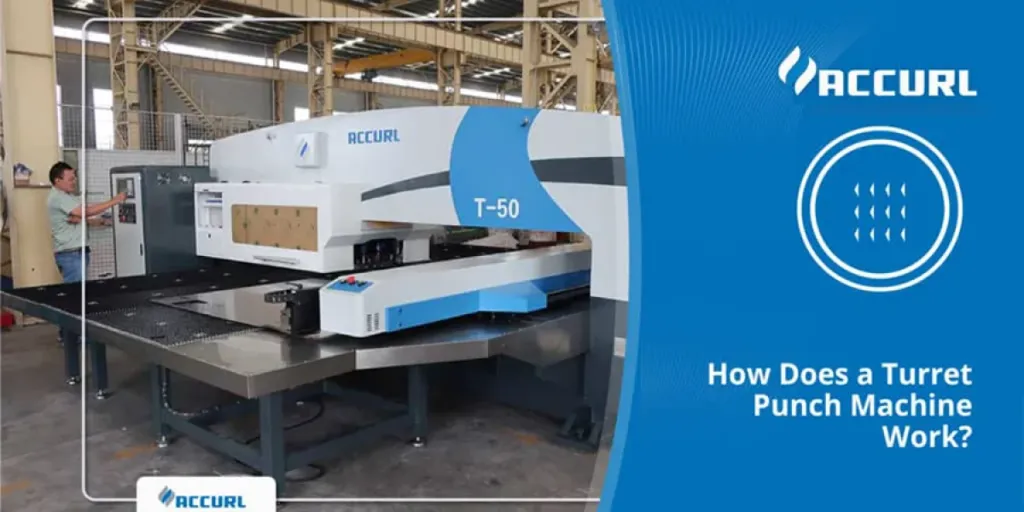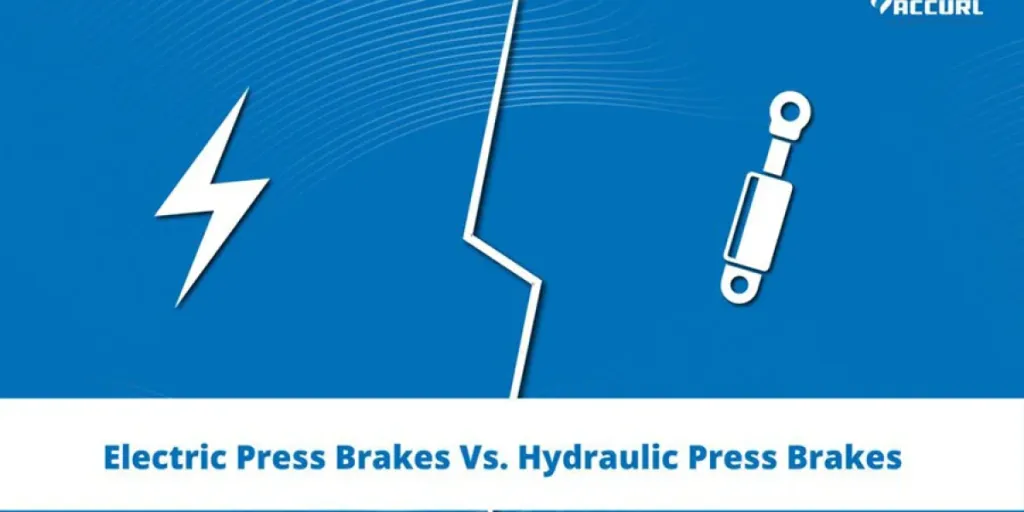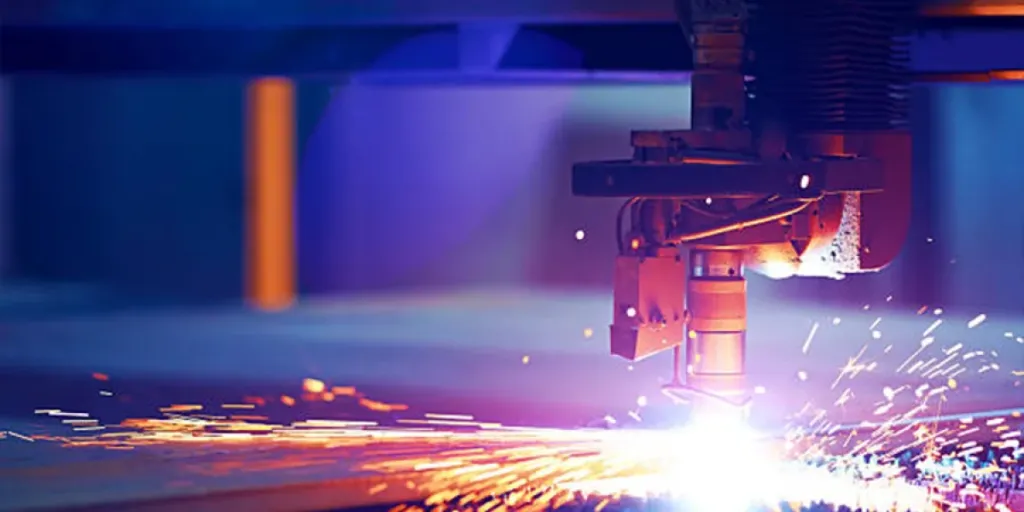In 2025, the alkaline water machine market is booming, valued at $1.2 billion globally. This article provides an in-depth analysis of market dynamics and offers valuable guidance for professional buyers. Transitioning into the main text, it covers types, performance, design, technical specs, and more, ensuring informed decision-making.
Table of Contents:
– Market Overview: The Alkaline Water Machine Industry
– In-Depth Analysis: Alkaline Water Machine Market Dynamics
– Key Factors When Selecting an Alkaline Water Machine
– Considering the Latest Technology Features
– Safety Standards and Certifications
– Initial Setup and Installation Complexity
– Energy Efficiency and Environmental Impact
– Conclusion
Market Overview: The Alkaline Water Machine Industry
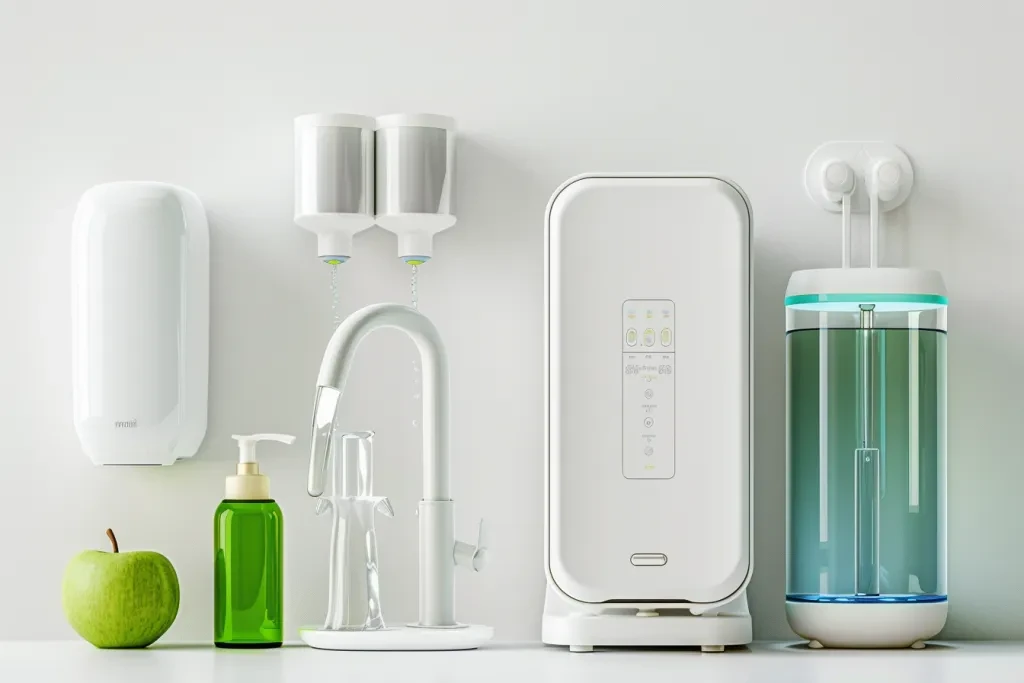
The alkaline water machine market has experienced significant growth, driven by increasing consumer awareness about the benefits of alkaline water. The global market is valued at approximately $1.2 billion in 2025, with a compound annual growth rate (CAGR) of 8.5%. This growth is largely due to rising health consciousness and an expanding middle class in emerging economies.
North America holds the largest market share at 35%, thanks to high disposable incomes and a preference for health and wellness products. Europe follows with a 28% share, driven by stringent water quality standards and the adoption of home water purification systems. The Asia-Pacific region is the fastest-growing market, with a CAGR of over 10%, fueled by rapid urbanization, increasing disposable incomes, and growing awareness of waterborne diseases.
The residential segment dominates, contributing over 60% of total revenue. The commercial segment, including offices, hotels, and gyms, is also growing, accounting for 30% of the market. Online distribution channels are increasingly popular, with e-commerce platforms now contributing 40% of total sales, up from 25% five years ago. This shift is driven by the convenience of online shopping and a wider range of products.
In-Depth Analysis: Alkaline Water Machine Market Dynamics
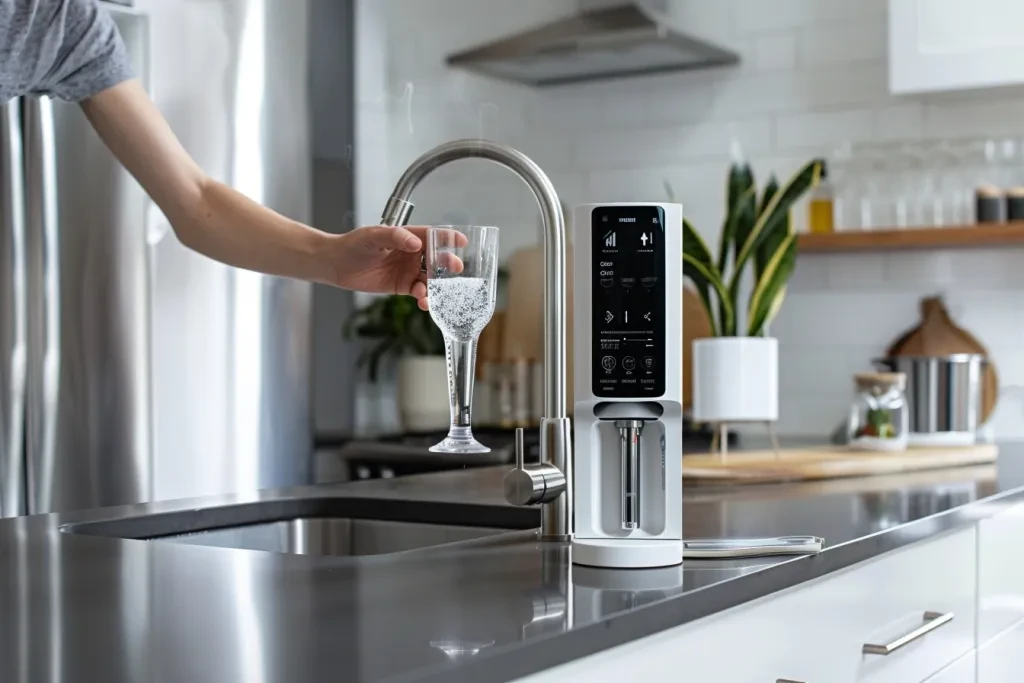
The alkaline water machine market is defined by key performance benchmarks like filtration efficiency, pH level adjustment range, and water flow rate. Leading brands such as Kangen, Tyent, and Aqua Ionizer Deluxe are known for high-performance machines with advanced filtration systems, adjustable pH levels from 2.5 to 11.5, and flow rates of up to 4 liters per minute. These features are crucial for meeting consumer expectations and ensuring the removal of contaminants while providing optimal alkaline water.
Kangen holds a dominant position with a 25% market share, followed by Tyent and Aqua Ionizer Deluxe with 18% and 15%, respectively. These companies have established strong brand recognition and customer loyalty through continuous innovation and effective marketing strategies. Economic factors, such as rising disposable incomes and increasing healthcare costs, are driving consumers to invest in preventive health measures like alkaline water machines.
Consumer behavior is shifting towards digitalized and smart home appliances. Alkaline water machines with smart features like digital displays, touch controls, and mobile app connectivity are gaining popularity. Innovations include multi-stage filtration systems, UV sterilization, and integrated mineral cartridges to enhance water quality. The product lifecycle of these machines typically ranges from 5 to 10 years, with regular maintenance and filter replacements needed for optimal performance.
Distribution channel preferences are evolving, with a significant shift towards online platforms. E-commerce giants like Amazon and specialized online retailers are becoming the preferred choice for their wide product range, competitive pricing, and convenience. Offline channels, such as specialty stores and direct sales, remain crucial, particularly in markets where consumers prefer to inspect products before purchase.
Social trends show a growing awareness of environmental sustainability, leading to increased demand for eco-friendly and energy-efficient alkaline water machines. Customer concerns include the high initial cost of these machines and the recurring expense of filter replacements. Brands are addressing these issues by offering financing options, extended warranties, and subscription-based filter replacement services.
Differentiation strategies among key players focus on unique selling propositions such as superior filtration technology, customizable pH levels, and enhanced user experiences through smart features. Niche markets, like athletes and fitness enthusiasts, are being targeted with specialized machines offering features like higher antioxidant levels and rapid hydration capabilities. Brand positioning emphasizes the health benefits of alkaline water, eco-friendliness, and technological innovation to attract a diverse consumer base.
Key Factors When Selecting an Alkaline Water Machine
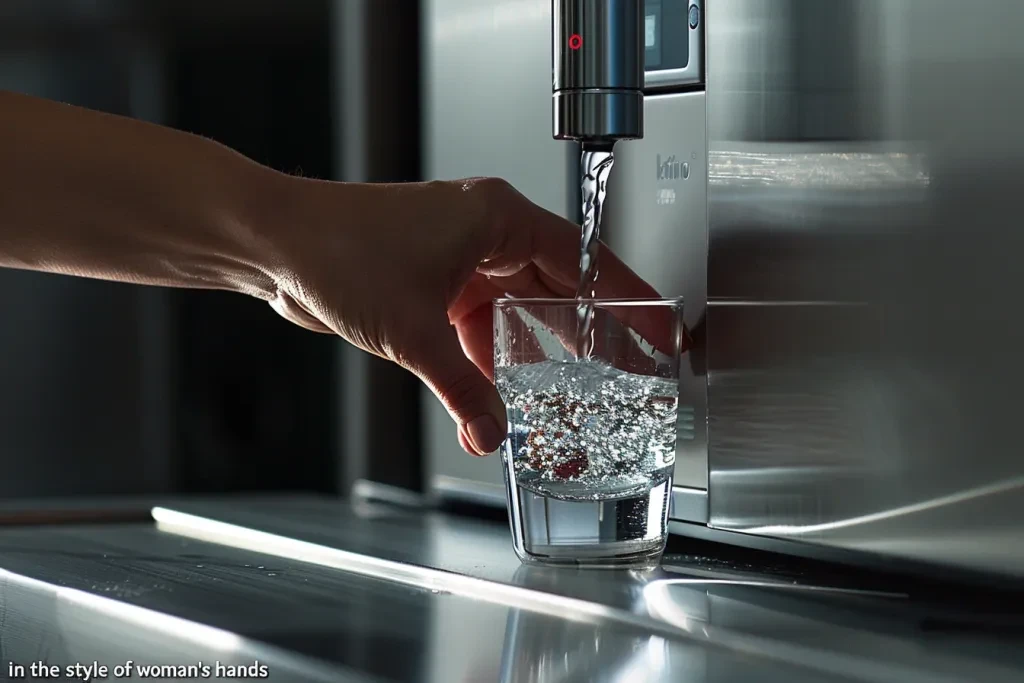
Choosing the right alkaline water machine involves several key considerations that impact performance, usability, and overall value. Below are insights into these factors to help you make an informed decision.
Types and Styles of Alkaline Water Machines
Alkaline water machines come in various types and styles, each suited to different needs. Countertop, under-sink, and portable models are the most common.
Countertop models are easy to install and use, typically connecting directly to your faucet. They are ideal for home use where space is not a major concern and often offer multiple pH levels and filtration stages for comprehensive water treatment.
Under-sink models are installed beneath the kitchen sink, saving countertop space and providing a cleaner look. They are suitable for households with limited counter space and generally offer robust filtration and high water output, making them a good choice for larger families.
Portable models are compact and designed for on-the-go use. They are perfect for travelers or individuals who need alkaline water access outside the home. Portable models typically use simpler filtration systems and may not offer as many pH level options as countertop or under-sink models.
Performance and Functionality
The performance of an alkaline water machine is determined by its ability to produce water with a specific pH level and its filtration capabilities.
A good alkaline water machine should offer a wide pH range, typically from 3.0 to 11.0. This range allows you to select the acidity or alkalinity level that best suits your needs. Machines with adjustable pH settings provide greater flexibility for different uses, such as drinking, cooking, or cleaning.
The number of filtration stages impacts water quality. Advanced models may have up to 7 or 8 stages, including sediment filters, activated carbon filters, and mineral filters, which remove contaminants and add beneficial minerals. Multi-stage filtration ensures the water is free from harmful substances like chlorine, heavy metals, and bacteria.
The flow rate, measured in liters per minute, indicates how quickly the machine can dispense water. Higher flow rates are preferable for busy households or commercial settings where large volumes of water are needed quickly.
Design and Aesthetics
The design and aesthetics of an alkaline water machine can influence its integration into your kitchen or living space.
Machines with intuitive controls, clear displays, and accessible maintenance features are easier to use. Touchscreen interfaces and one-touch operations enhance user convenience.
High-quality materials such as stainless steel and BPA-free plastics ensure durability and safety. Machines with a sleek, modern design can complement contemporary kitchen interiors, while more traditional designs may suit classic decors.
The machine’s size should match the available space in your kitchen. Compact models are ideal for small kitchens, while larger units may be necessary for high-demand environments.
Technical Specifications
Technical specifications provide insight into the machine’s capabilities and limitations.
Energy-efficient models help reduce electricity costs. Look for machines with energy-saving features like automatic shut-off and low standby power consumption.
Regular maintenance is crucial for optimal performance. Machines with easily replaceable filters and self-cleaning functions simplify upkeep. Some models offer filter replacement indicators and automated cleaning cycles to reduce manual intervention.
Certifications from recognized bodies such as NSF, FDA, and CE ensure the machine meets safety and performance standards. Compliance with local and international regulations guarantees the machine’s reliability and safety.
Price Range and Budget
The cost of an alkaline water machine varies based on its features, build quality, and brand reputation.
Entry-level models, priced between $100 and $300, offer basic functionality and a limited pH range. They are suitable for budget-conscious buyers who need a simple solution for alkaline water.
Mid-range models, ranging from $300 to $700, provide more advanced features, such as multi-stage filtration, digital displays, and a wider pH range. They balance performance and cost, making them a popular choice for most households.
High-end models, costing $700 and above, offer premium features like advanced filtration technologies, higher flow rates, and superior build quality. They are ideal for users seeking the best performance and durability.
Durability and Quality
Durability and quality are critical factors that determine the long-term value of an alkaline water machine.
High-grade materials like stainless steel, food-grade plastics, and durable glass components ensure longevity and resistance to wear and tear. Machines with robust construction are less likely to break down and require repairs.
A comprehensive warranty and reliable customer support are indicators of a quality product. Look for machines that offer at least a one-year warranty and have a responsive support team to address any issues.
Customer feedback provides valuable insights into the machine’s performance and reliability. High ratings and positive reviews indicate a well-performing and dependable product.
Considering the Latest Technology Features
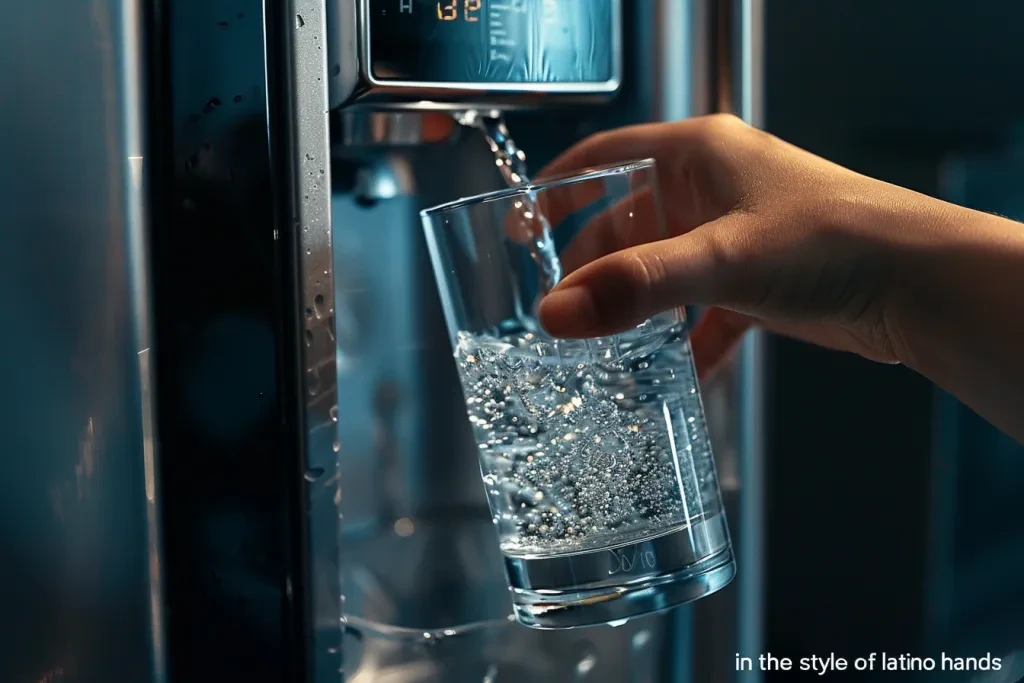
Advancements in technology have significantly improved the functionality and efficiency of alkaline water machines.
Modern machines use advanced ionization technology to produce water with precise pH levels. This technology ensures consistent alkalinity and enhances the water’s antioxidant properties.
Integration with smart home systems allows users to control the machine remotely via smartphone apps. Features like real-time monitoring, usage statistics, and maintenance alerts provide greater convenience and control.
New filtration technologies, such as ultrafiltration and reverse osmosis, offer superior contaminant removal. These systems can filter out smaller particles and a broader range of impurities, ensuring the highest water quality.
Eco-friendly models are designed to reduce water wastage and energy consumption. Features like efficient water usage and recyclable filter materials contribute to environmental sustainability.
Safety Standards and Certifications
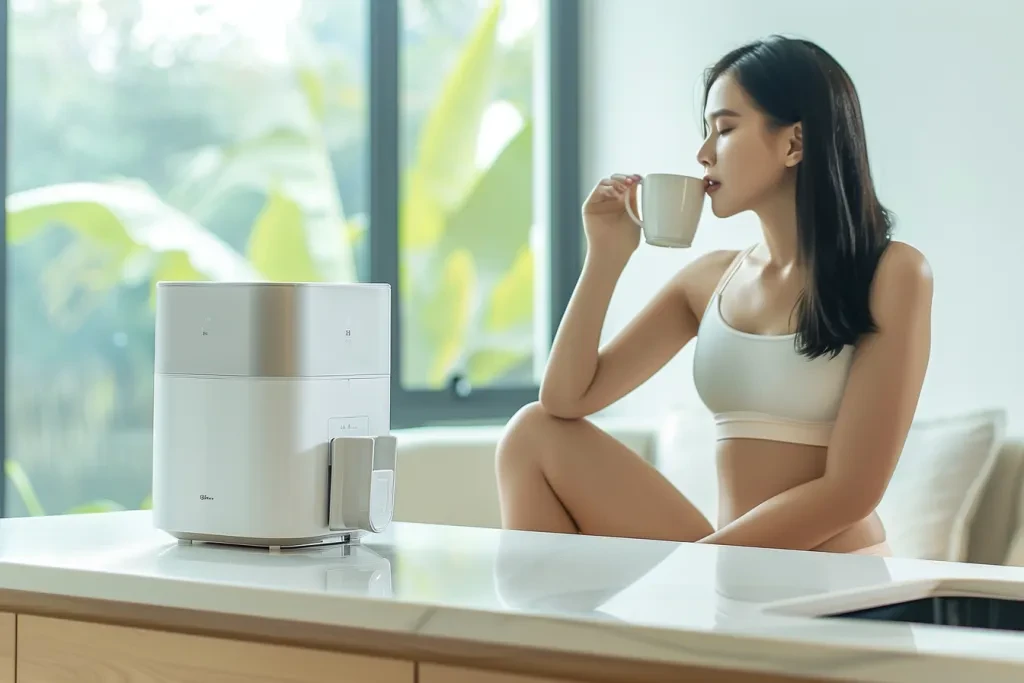
Safety standards and certifications ensure the machine’s compliance with health and safety regulations.
The National Sanitation Foundation (NSF) certification ensures the machine meets strict public health standards. NSF-certified machines have been tested for contaminant reduction, structural integrity, and material safety.
Machines approved by the Food and Drug Administration (FDA) comply with safety and efficacy standards for food and water-related products. FDA approval guarantees the machine is safe for producing drinking water.
The CE marking indicates the machine meets European safety, health, and environmental protection standards. It is a sign of quality assurance for products sold within the European Economic Area.
Initial Setup and Installation Complexity
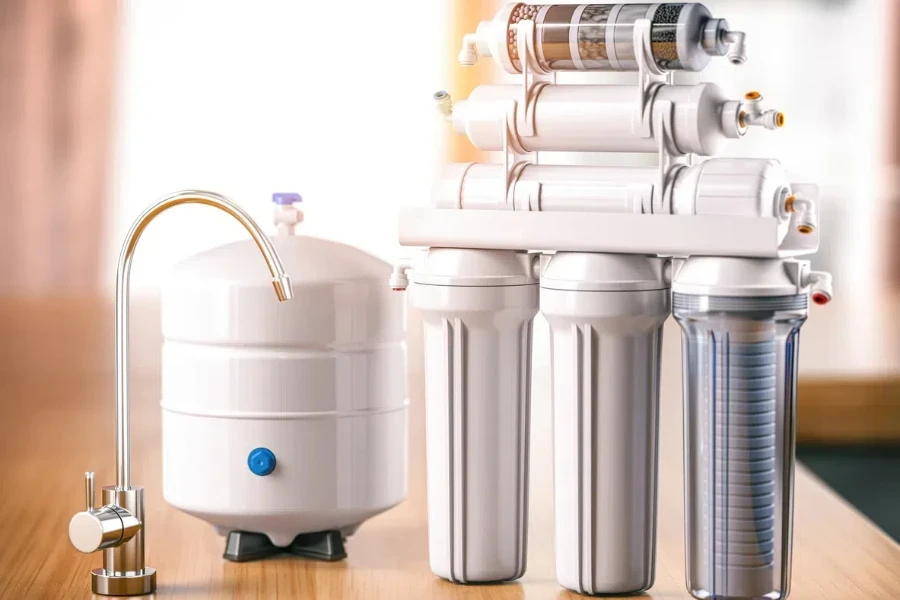
The ease of initial setup and installation impacts the user experience and the machine’s usability.
Some machines require professional installation, especially under-sink models. Countertop and portable models are typically easier to set up and can be installed by the user without specialized tools.
Comprehensive user manuals and installation guides facilitate the setup process. Machines with clear, step-by-step instructions and troubleshooting tips help users get the machine up and running quickly.
Access to customer support and installation services can be invaluable. Brands that offer installation assistance and after-sales support ensure a smoother setup experience.
Energy Efficiency and Environmental Impact
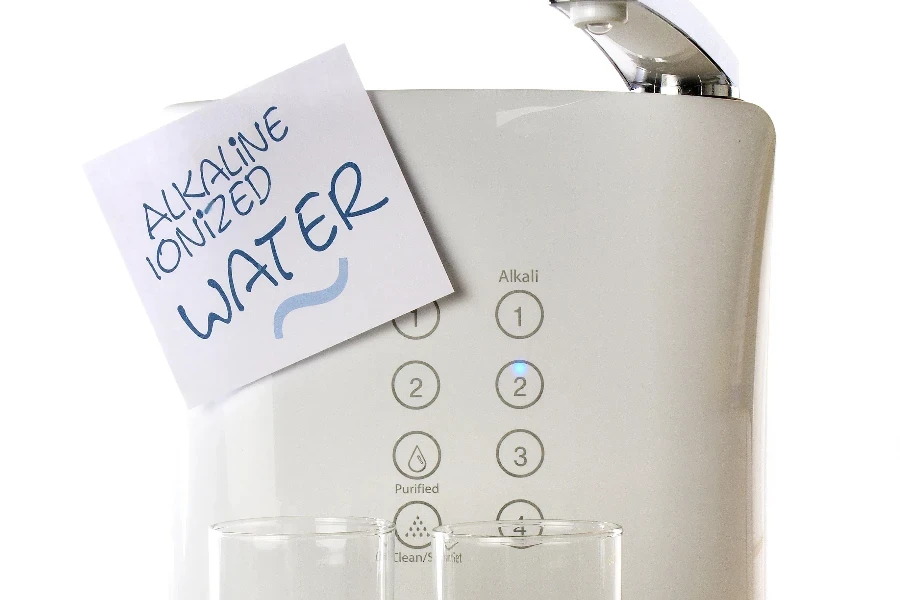
Energy efficiency and environmental impact are important considerations, especially for eco-conscious consumers.
Machines with low energy consumption reduce electricity bills and environmental footprint. Look for models with energy-saving features like automatic shut-off and low standby power usage.
Efficient water usage minimizes wastage and conserves resources. Machines with high recovery rates and low wastewater production are more environmentally friendly.
Eco-friendly models use recyclable materials for filters and components. Choosing machines with sustainable materials contributes to environmental conservation.
Conclusion
Selecting the right alkaline water machine involves evaluating various factors, from types and styles to technical specifications and safety standards. By considering these aspects, you can choose a machine that meets your needs, budget, and preferences, ensuring a reliable source of high-quality alkaline water for years to come.


